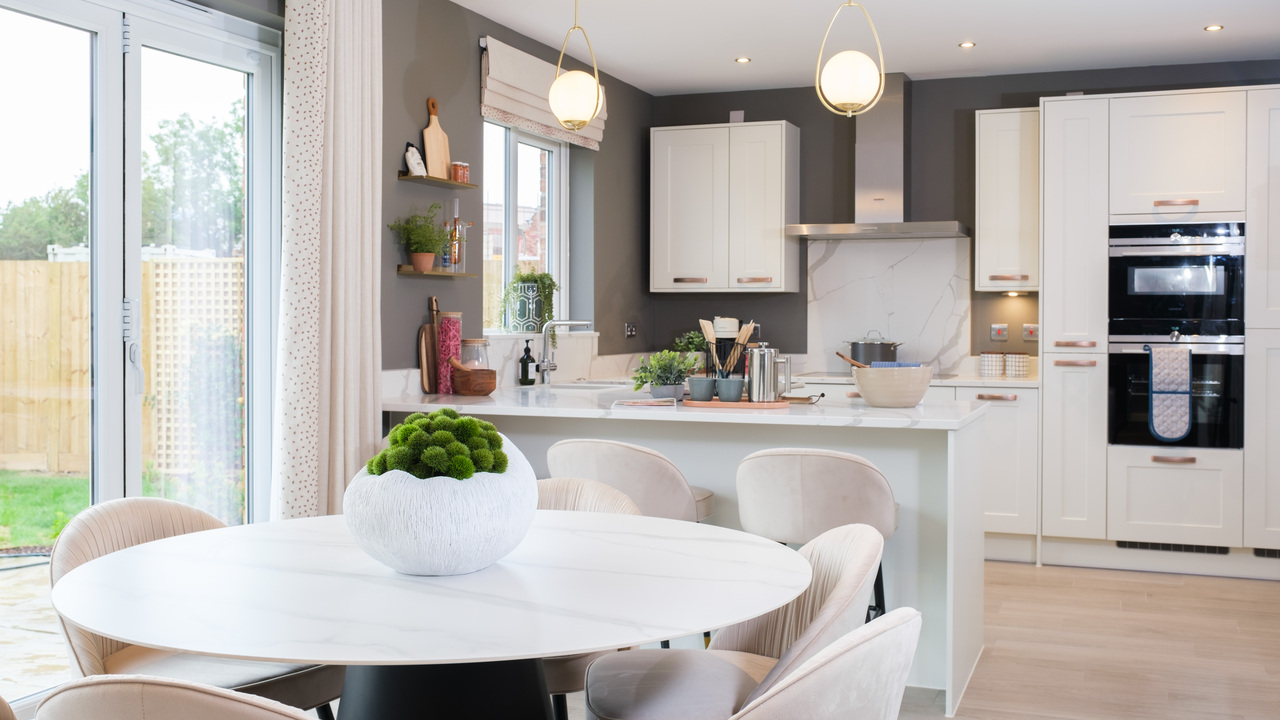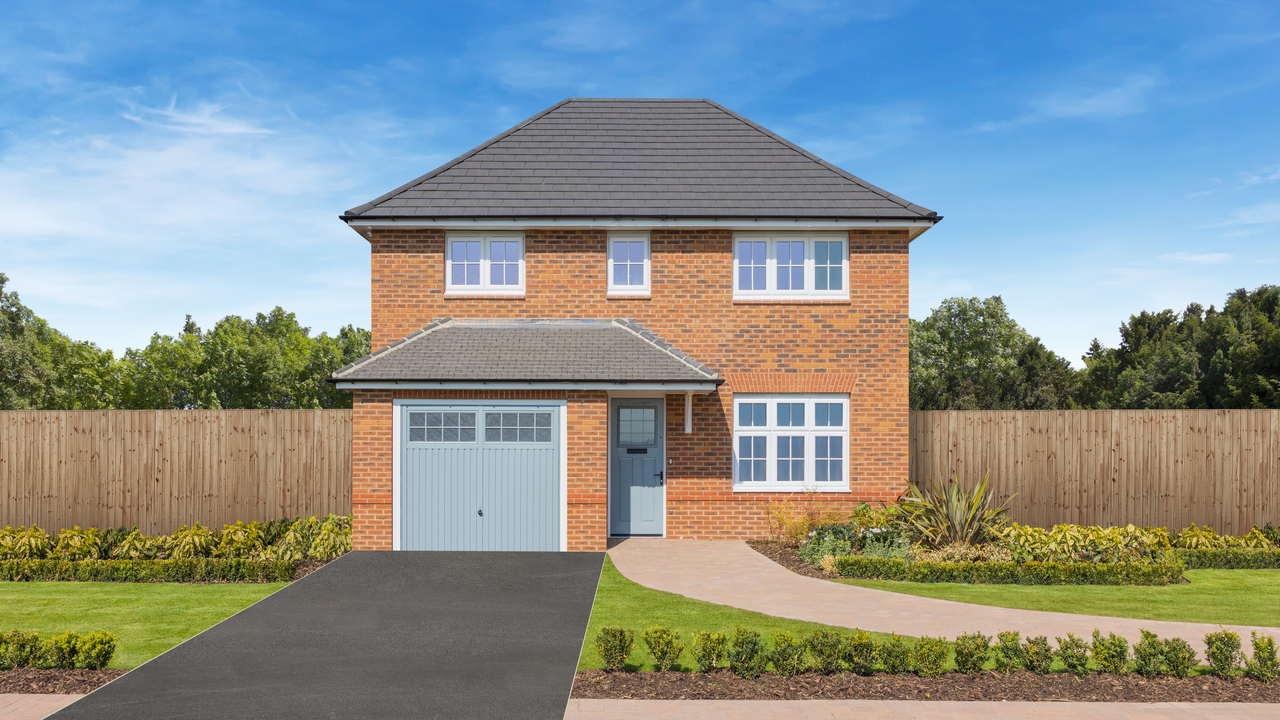It’s easy to forget that there are a number of other things you’ll need to account for when you buy a property.
Although it sounds daunting, drawing up a budget of all the costs you’ll need to find before you start will save you a lot of stress in the long run. That way you’ll be aware of what funds are due when, so you can make sure you’ve got the money ready to go when you need it.
What costs do I need to budget for?
The biggest cash outlay is of course your Stamp Duty, or Stamp Duty and Land Tax (SDLT) as it’s known in England and Wales. You have to pay this on property purchases over a certain threshold or exemption point.
The amount of Stamp Duty you pay depends on the value of the property, see how much using our stamp duty calculator.
Next, it’s wise to consider the legal fees that you’ll pay, as a large part of the process of purchasing a property involves dealing with legal documentation. You’ll require either a Solicitor or Licensed Conveyancer to assist you.
Conveyancing costs can be anything from three hundred pounds to over a thousand pounds, so it pays to shop around and get a couple of quotes.
Don’t forget, if you’re selling and buying at the same time, you’ll need to get a quote to cover the legal work on both transactions.

What is a Mortgage Valuation and how do I arrange one?
Another often overlooked cost is that of a survey.
If you’re buying a property with a mortgage, then your lender will require a Mortgage Valuation, undertaken by a chartered surveyor. This ensures that the property is worth what you’re paying for in order to protect the lender’s interest in the property.
Some mortgage lenders include free Mortgage Valuations in their mortgage products so it’s worth asking your adviser if any of the mortgages they are suggesting for you include this. If they don’t, it’s best to get the costs as soon as you can so that you can include the amount in your budget too.
In addition to a Mortgage Valuation, some buyers decide to commission their own survey to check the condition of the property. These are also undertaken by a chartered surveyor.
There are four types of survey; Snagging Reports (these are specifically for new build homes), Home Condition Reports, Home Buyer Reports and Building Surveys.
These can cost from a few hundred to a few thousand pounds, depending on what type of survey you require and the value of the property you are purchasing. Again it’s best to get a quotation in advance so that you can put aside the correct amount.
What types of insurance should I consider?
Once your mortgage is agreed, you’ll need to arrange buildings insurance on your home.
A condition of the majority of mortgages is that the borrower has adequate cover on the property. Your mortgage advisor will be able to provide you with the amount you need to insure for.
It’s normally a good idea to take out contents insurance as well, to cover things such as carpets, curtains, furniture and personal possessions. These aren’t covered under buildings insurance policies.
Finally, you may decide that it’s a good idea to arrange some income protection.
These are policies designed to replace a percentage of your income should you become unemployed or if you are taken seriously ill and are unable to work.
It’s also potentially a good idea to take out a life cover policy, which means that your mortgage would be completely paid off in the event of your death or that of your partner if you’re buying with them.
You don’t have to take out income protection policies of course, and they are entirely optional, but they can also provide great peace of mind.

When do I need to pay home moving costs?
As for when you’ll need the various sums available, with the large one-off costs of moving such as Stamp Duty and legal fees, generally any conveyancing costs are paid on the day you complete. Particularly if you’re selling as they can be accounted for from the proceeds of the property you’ve sold.
Stamp Duty is payable within thirty days of completing on your purchase and it’s normally dealt with by your conveyancer.
They will inform you of what needs to be paid and contact you beforehand to ensure you transfer the funds to them. This is so they have them available to make the payment when it’s due.
Outgoings such as your mortgage payments, buildings and contents insurance and any protection policies are ongoing costs once you’ve moved.
It can help to put together a spreadsheet of all your monthly committed expenditure to ensure that you’ve got a quick check list of what’s leaving your account and when each month.
The final hidden cost of moving? That’ll be the twenty pounds or so you’ll need on moving day to pay for the pizza delivery so you don’t have to cook…enjoy!
Our home buyer guides provide detailed information about every step of buying your new Redrow home.



